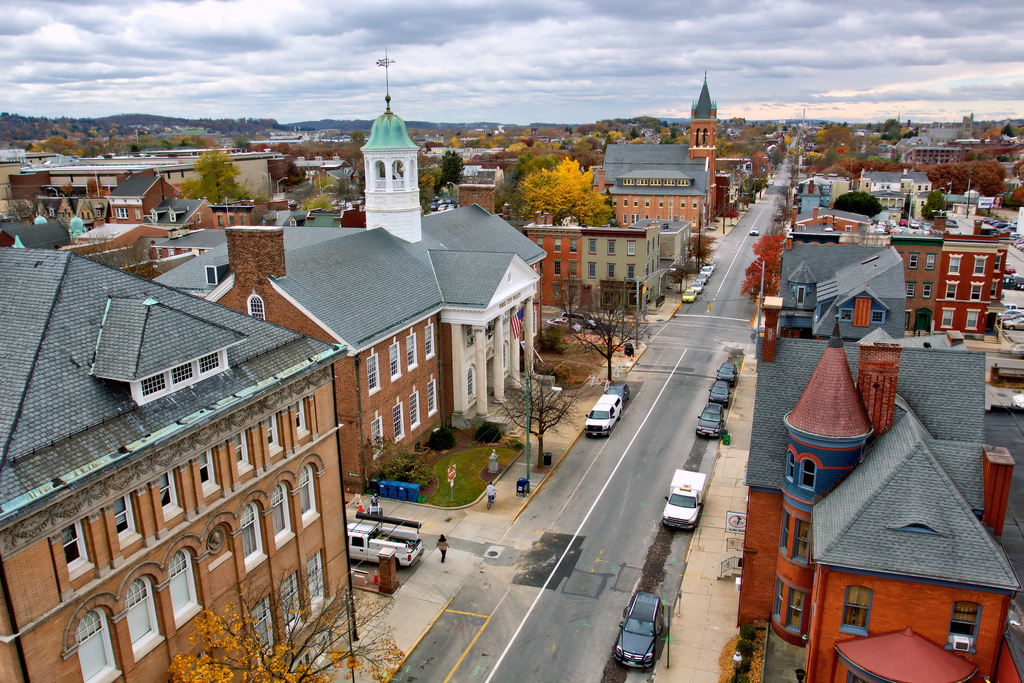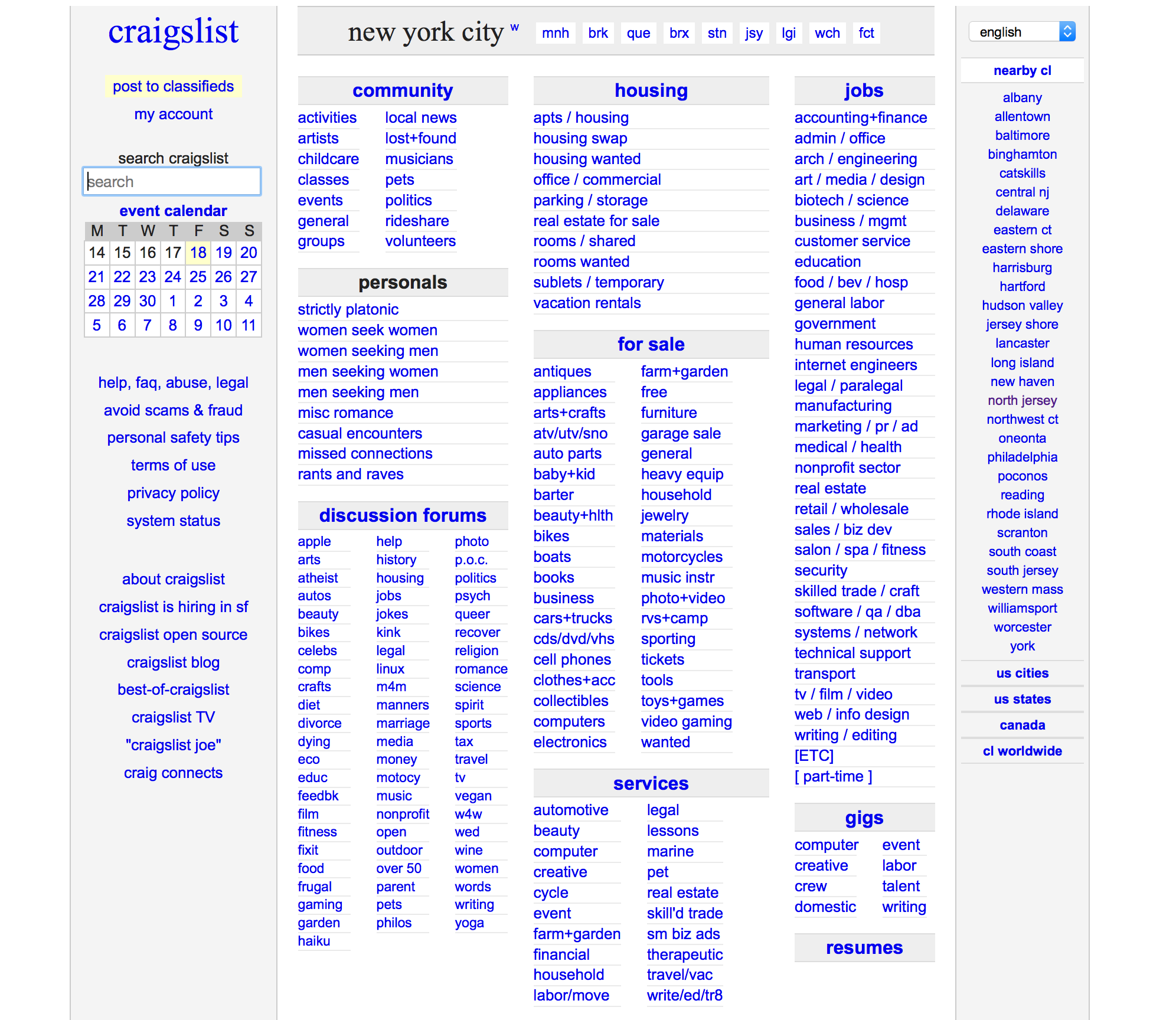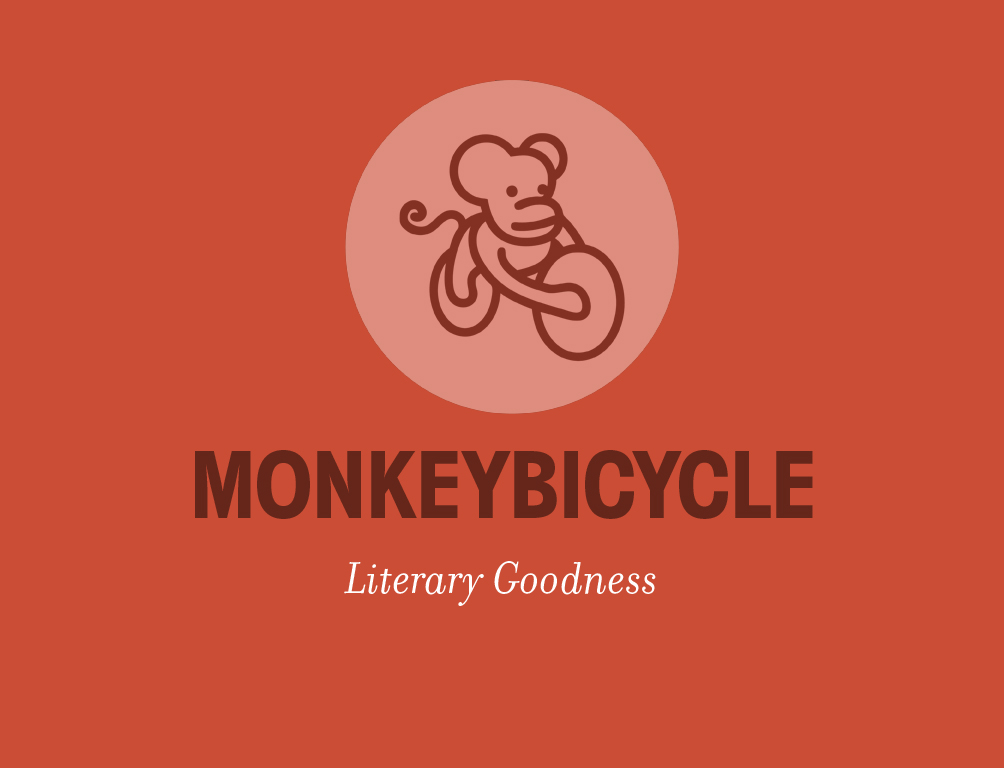Tyler Barton
What stung about my father leaving was he took the dog but left me. Those two actually lived on the streets of York that long weekend leading up to Labor Day, 2005. They spent each day at the dog park. I can show you the bench they slept on. Friday, Saturday, Sunday. They tried each night at 9:30 to come back inside. The sun finally gone down, he’d be on the stoop, pug in his arms, staring at the broken doorbell.
“No,” Mom kept saying.
I don’t know everything, but Thursday I’d watched from the window as he parallel parked a metallic Miata I didn’t recognize. Mom and him yelled back and forth. Supposedly Dad had paid for it. Apparently Mom wanted to know with what. She took the keys. She kicked until he was outside.
I was only wearing clothes that made me look like I played a lot of basketball. Mesh everything. Stacked sweatbands on my thin wrists. I didn’t play sports. I don’t know. I was thirteen, which makes Dad thirty-one then and still big into this improv group he had with a buddy who picked up poop with him at the humane league for community service hours. Ribbon was the guy’s name. My Dad’s was Lester.
I’d sneak in through the alley door of O’Malley’s some Monday nights and listen from the empty hallway. Monday was open mic, dollar pb&j night. I could smell the small audience chewing. Dad and Ribbon were always twenty-four or twenty-five on the list no matter how early they signed up. Each of their bits was some version of Ribbon scolding Dad as if Ribbon were my mother. I’d split the second they were done, using the key behind the loosest brick in our alley to unlock our kitchen door.
At home, the dog would whine non-stop until Dad, drunk and still laughing about Ribbon’s delivery, stumbled back into the house.
On Labor Day there was a barbeque at the Thompsons, who lived on the nice edge of York city—just past the college they taught at and where Mom worked part time as a custodian—but not quite into the hills of Deliver township. York, Pennsylvania is America’s disputed first capitol, and Deliver is the first school district to defend in court it’s right to teach that God designed the solar system. The line between them is thin, but obvious. The color of the air changes from mint to aluminum.
The Thompsons were a family with a front yard and a back. My mother, cousin, and I wore white, walked the twelve blocks, and showed up without Dad. Before she had even set the egg salad down in their big kitchen, Mom was whispering too loudly about the situation. I could stand my father being a known liar, but it sucked she had to tell everyone he was a thief.
“I’ll make sure no one brings him up,” Mrs. Thompson assured her.
Mom would’ve been forty that weekend. Her and Dad had met at York Little Theatre. A tryout for Our Town. The story goes that she told him if she didn’t get a part she’d quit trying to be an actress. And she didn’t, so she gave up. Mom could put up with a lot but not forever. On the other hand, Dad, the fresh face out of high school, got a one-line role, left the first rehearsal with the casting director’s keys, and picked up my soon-to-be mother for a joyride.
“If only all those clowns knew where you were going,” he says he said to her.
That Labor Day, I was eating a hot dog and sweating on the Thompsons’ wrap-around porch when I saw him coming down the sidewalk. Sixers jersey. Beaten loafers. He had three Family-size bags of Martin’s chips in his arms. He was smiling. Hair pulled back, wet, almost nice. Across the green yard I could smell him—Slim Jim, Old Spice.
“Where’s the dog?” I asked. That thing had chewed too many controller cords for me to call it by its name. Plus, Dad was always switching it. For a while it was Foxworthy until he “sold out” with that Blue Collar Comedy Tour. Then it was Cumin. Once, Bubble. I’d seen the nameplate and collar in the trash the day he “found” the pug and so I knew it was originally Chance.
“I lost Armstrong,” he said, handing me the chips. “Armstrong was hit by a Jeep.”
“I’m sorry,” I said. He was pouting. I was standing in front of the door. “I don’t think Mom wants you here. I heard her tell Mr. Thompson to keep an eye out.”
He swatted at a bee.
“So you’re Mr. Thompson now?” he said.
I guessed I was. I wiped my wrist across my forehead.
He gave me the receipt for the chips and walked back the way he came.
“Hey!” I called, and he just put his hand up.
One fight I remember Mom and Dad having was about his weight, about his belly and saggy pecs. For a week, during every commercial, he’d take the fat pug in his hands and raise it over his head. He’d lift it up and down about ten or twelve times. The dog would growl and whine when he started, but it’d be asleep again before he was done. I didn’t need my father to love me like he loved his dog. I wanted to love my father the way his dog did.
So I walked across the Thompson’s yard. I followed him.
The Pool Street Dog Park was a quarter block of fenced dirt. A handful of those white, one-piece plastic lawn chairs. Brown tennis balls. Dog hair tumbleweeding against the fence. Always too many animals. They bumped into each other and swarmed in packs. Fights were frequent, alarming.
Linear park was three blocks from Pool street, with wide green fields, hills, and even a little creek—but you couldn’t let dogs off their leashes. Our house sat in the center of a row of duplexes and the dog’s biggest area to run was the hallway from the second floor bathroom to my father’s room. It was hardwood too, so when it ran laps, it skated around on its nails, slamming off the walls like a cartoon or a bad hockey player. My father took the dog, whatever its name was, to Pool street every day. Regardless of weather, holidays, or my mother’s opinion.
From a block away I could hear barking. And there was dad, in one of those white chairs, his legs stretched across to another one. His muddy feet left marks on the seat. There were other dog owners, but they all stood. I looked around for his dog but was surprised to see that it really wasn’t there. I stood behind the fence. I spoke to the back of his head, where two bees spiraled around his ponytail.
“Why didn’t you take me?” I said.
“The bench is too small.”
“We could have gotten a motel,” I said. “Could have watched football and ordered wings like before.”
He would not turn around and look at me.
“That was last time, Jami. Each time you get kicked out it has to be worse. If it isn’t worse, you’re not paying.” A collie trotted over and growled at him before dribbling some pee on the chair leg. Dad lifted his legs up like he would when I was little and crawling between the coffee table and couch. Something about that made me angry. “And if you aren’t paying, you certainly aren’t learning,” he finished.
“What the fuck does that mean?” I said. It was my first curse to my family.
“I don’t know. I’m tired,” he said. A bee got him and he flapped his hand around, waving the pain away. “This is what you get when I’m tired.”
I started back to the Thompsons’ and he didn’t even call after me.
This was the weekend my ten-year-old cousin was living with us because her mom, my aunt, had taken off across the state in pursuit of her husband, my uncle, who was moving in with a younger woman in Pittsburgh. My cousin’s name was Kylie and she still wore pink. Every game we played on my N64 she‘d say, You’re really good at this. It never felt like a compliment. Her eyes kept tearing up.
At 9:30, Dad didn’t try to come home because he was at O’Malley’s waiting for his five minutes onstage. Mom busied herself with keeping Kylie distracted. I didn’t even need to sneak out. She didn’t have the energy to stop me.
“Don’t you laugh at him,” she said.
“He’s not funny,” I told her. I actually looked into her eyes. The green in them was getting grey. Her hair was, too. I touched her arm. “He’s never made me laugh.”
“Don’t you lie,” she said, handing me a ten dollar bill, “to me or anyone.”
Dad went on at 10:45 by himself. Ribbon had finished his community service hours and moved to Maryland. I decided to sneak all the way in and took a seat by myself in a dark back booth. There were twelve people at the other tables, a red-letter turnout. The room smelled of JIF. Every few seconds, the bartender would drop a bottle from too far a height into the trash. Dad was unfazed. A bluish light marked his spot on the stage.
“I have to apologize if I seem out of sorts,” he said into the mic.
A bottle clanged into the bin. Dad rubbed his eye and held his hand there, covering half his face.
“But my lawyer just informed me that these sets don’t count toward my community service hours.”
A dozen people and I looked on, waiting for the punchline.
Some man sat down opposite me. He tore half his pb&j and held it out across the table. I tried to focus on the words coming through the speaker while the guy wiggled his sandwich.
“Not hungry,” I lied. There was a pocket of laughter.
“Think he’s any good?” The man nodded toward the stage.
Dad said, “You’ll have to forgive me if my delivery seems flat. My dog was just run over by a mail truck.”
I clenched my fists. “He’s alright,” I lied.
I’m different from the kid I was that weekend. Mom moved us out of the city and I got funny in high school, out in Deliver. I grew almost tall. I have a tiring job I want to work. I’m thinking of opening my own restaurant one day. My girlfriend, Alexis, and I are signing a lease. She makes me laugh. Everything I give her I pay for. Everything I tell her is the truth. Except for answers to questions about Dad. And maybe that’s how it starts; I have never heard a word about my paternal grandfather.
I have never been in another fight.
In the alley I stood flat against the bricks, waiting for my father to leave the club. When his red jersey flashed through the crack of the door, I sprang. I got an arm around his neck. I made myself dead weight. We came down slowly.
Lying together on the sidewalk, I held the choke tight.
“Jamison, all right.” He was panting. “I’m exhausted.”
We all are. I should have said that. It would have been the perfect thing to say.
I ran the four blocks home. The loose brick in the alley had nothing behind it because Mom had taken the key. I stood on the stoop and tapped the tin door.
“No,” she kept saying from inside. It only took so long until she saw I was alone.
Tyler Barton studies fiction writing at Minnesota State University, Mankato, where he serves as a fiction editor for the Blue Earth Review. His work has been published in NANO Fiction, Smokelong Quarterly, Hypertext Magazine, and elsewhere. Find his stories at tsbarton.com. Find his jokes at @goftyler.




